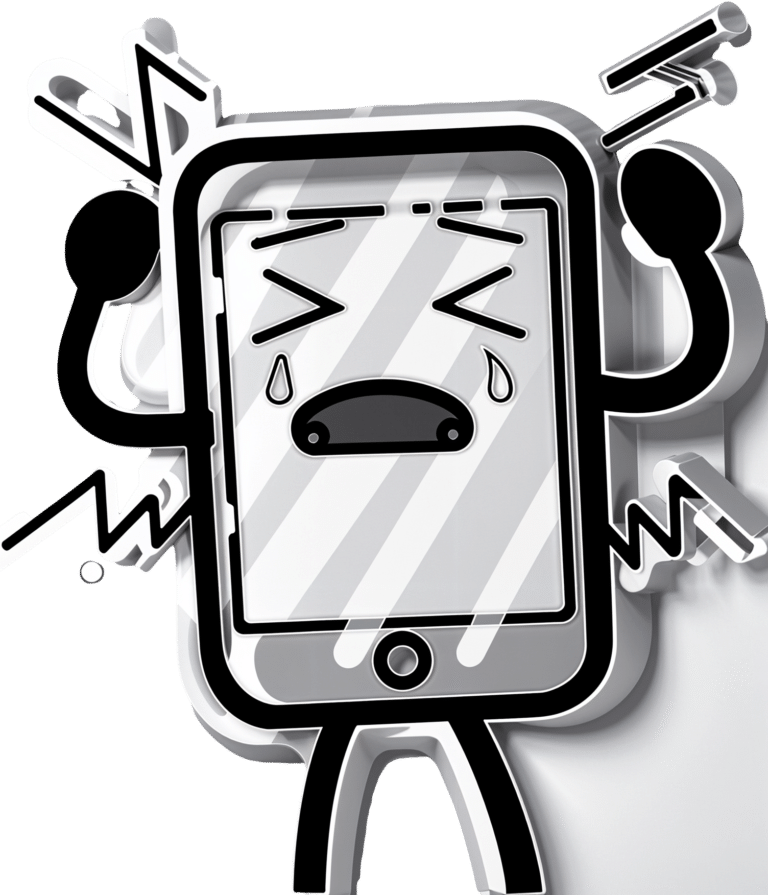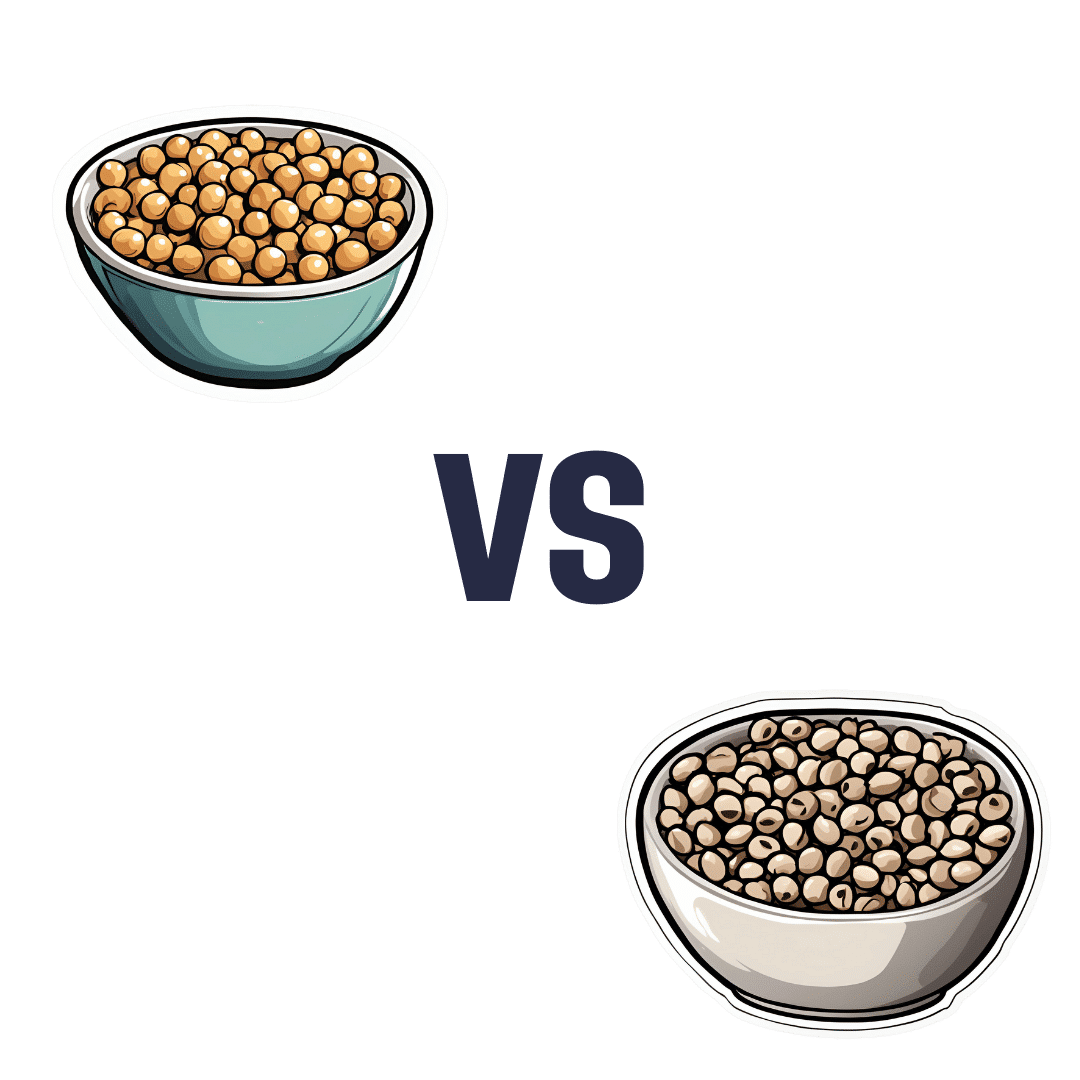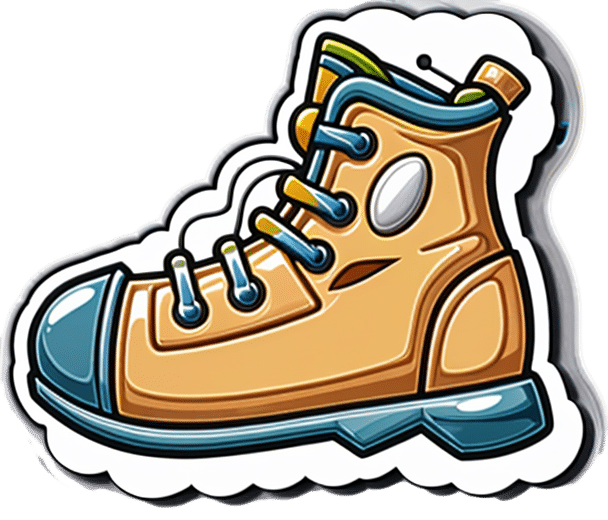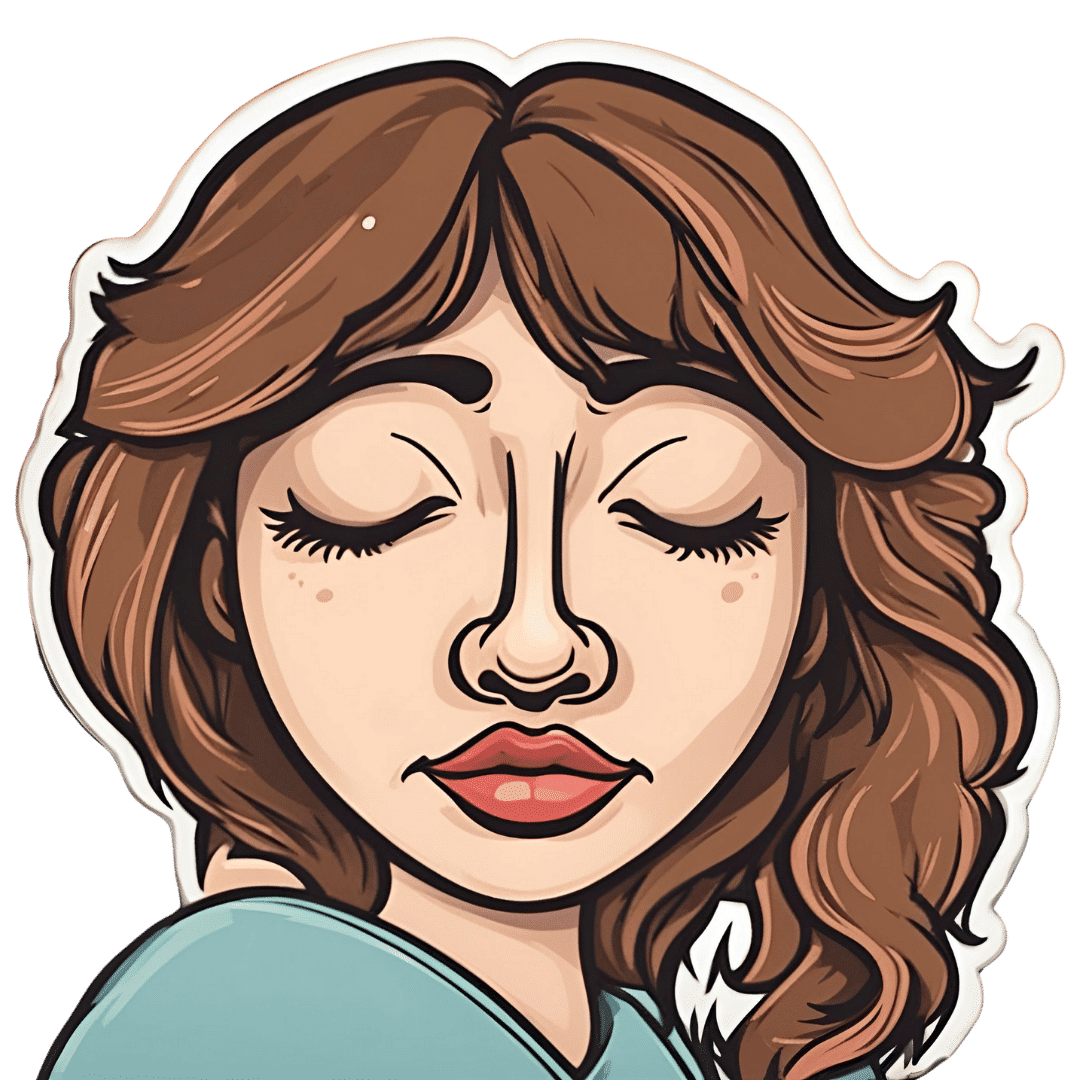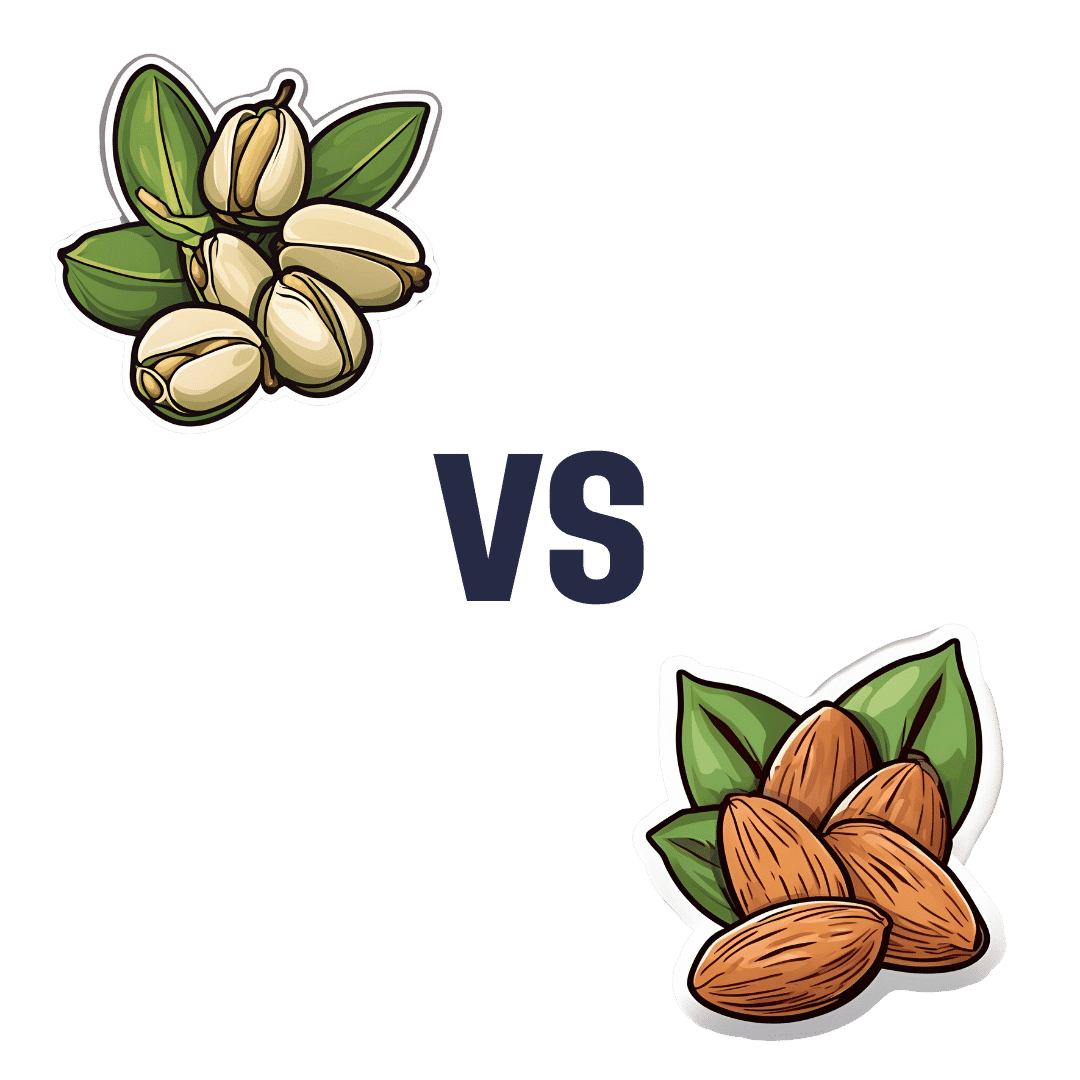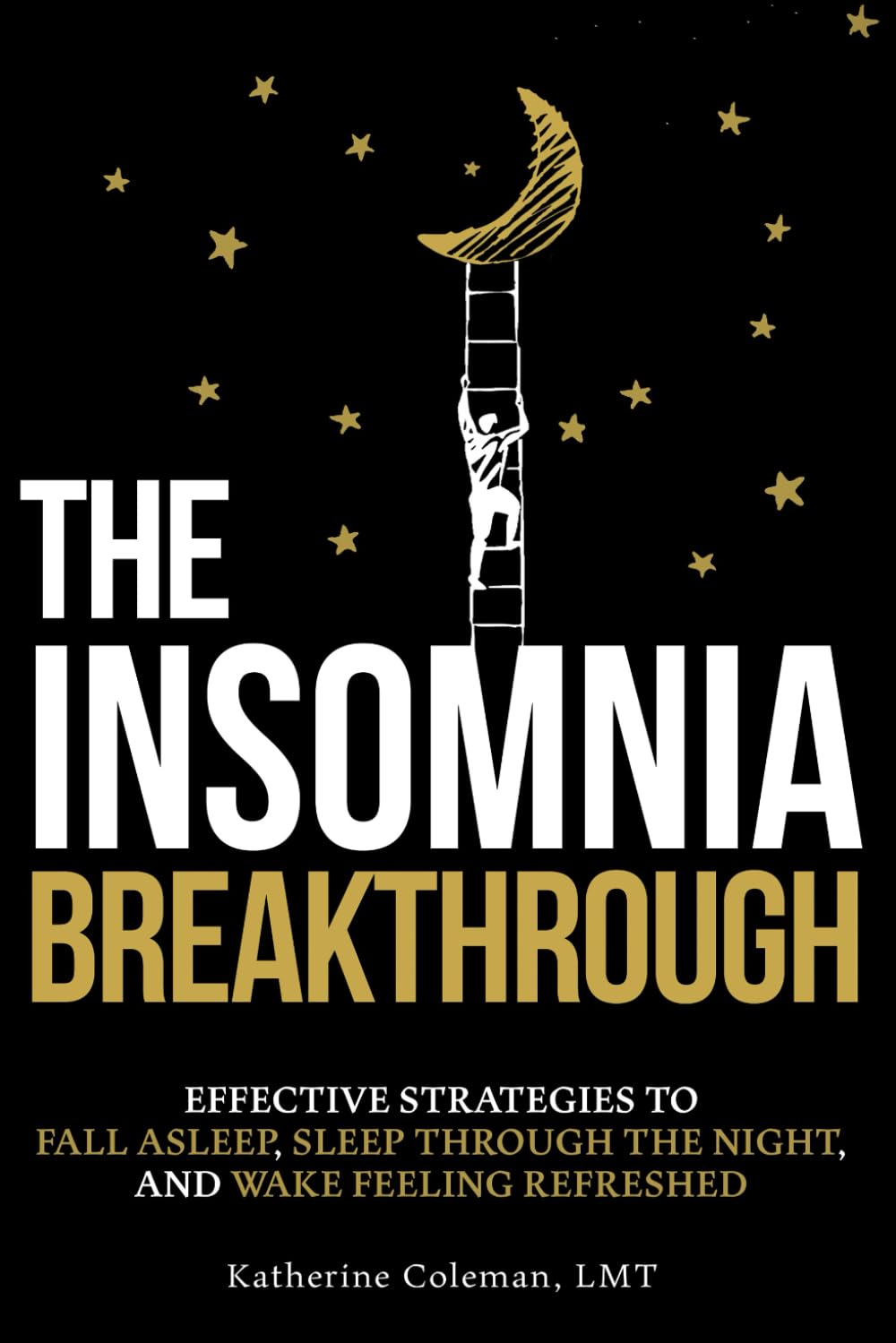
The Easiest Way To Take Up Journaling
10almonds is reader-supported. We may, at no cost to you, receive a portion of sales if you purchase a product through a link in this article.
Dear Diary…
It’s well-established that journaling is generally good for mental health. It’s not a magical panacea, as evidenced by The Diaries of Franz Kafka for example (that man was not in good mental health). But for most of us, putting our thoughts and feelings down on paper (or the digital equivalent) is a good step for tidying our mind.
And as it can be said: mental health is also just health.
But…
What to write about?
It’s about self-expression (even if only you will read it), and…
❝Writing about traumatic, stressful or emotional events has been found to result in improvements in both physical and psychological health, in non-clinical and clinical populations.
In the expressive writing paradigm, participants are asked to write about such events for 15–20 minutes on 3–5 occasions.
Those who do so generally have significantly better physical and psychological outcomes compared with those who write about neutral topics.❞
Source: Emotional and physical health benefits of expressive writing
In other words, write about whatever moves you.
Working from prompts
If you read the advice above and thought “but I don’t know what moves me”, then fear not. It’s perfectly respectable to work from prompts, such as:
- What last made you cry?
- What last made you laugh?
- What was a recent meaningful moment with family?
- What is a serious mistake that you made and learned from?
- If you could be remembered for just one thing, what would you want it to be?
In fact, sometimes working from prompts has extra benefits, precisely because it challenges us to examine things we might not otherwise think about.
If a prompt asks “What tends to bring you most joy recently?” and the question stumps you, then a) you now are prompted to look at what you can change to find more joy b) you probably wouldn’t have thought of this question—most depressed people don’t, and if you cannot remember recent joy, then well, we’re not here to diagnose, but let’s just say that’s a symptom.
A quick aside: if you or a loved oneare prone to depressive episodes, here’s a good resource, by the way:
The Mental Health First-Aid That You’ll Hopefully Never Need
And in the event of the mental health worst case scenario:
The six prompts we gave earlier are just ideas that came to this writer’s mind, but they’re (ok, some bias here) very good ones. If you’d like more though, here’s a good resource:
550+ Journal Prompts: The Ultimate List
The Good, The Bad, and The Ugly
While it’s not good to get stuck in ruminative negative thought spirals, it is good to have a safe outlet to express one’s negative thoughts/feelings:
Remember, your journal is (or ideally, should be) a place without censure. If you fear social consequences should your journal be read, then using an app with a good security policy and encryption options can be a good idea for journaling
Finch App is a good free option if it’s not too cutesy for your taste, because in terms of security:
- It can’t leak your data because your data never leaves your phone (unless you manually back up your data and then you choose to put it somewhere unsafe)
- It has an option to require passcode/biometrics etc to open the app
As a bonus, it also has very many optional journaling prompts, and also (optional) behavioral activation prompts, amongst more other offerings that we don’t have room to list here.
Take care!
Don’t Forget…
Did you arrive here from our newsletter? Don’t forget to return to the email to continue learning!
Recommended
Learn to Age Gracefully
Join the 98k+ American women taking control of their health & aging with our 100% free (and fun!) daily emails:
-
Chickpeas vs Black-Eyed Peas – Which is Healthier?
10almonds is reader-supported. We may, at no cost to you, receive a portion of sales if you purchase a product through a link in this article.
Our Verdict
When comparing chickpeas to black-eyed peas, we picked the chickpeas.
Why?
In terms of macros, chickpeas have more protein, carbs, and fiber, the ratio of the latter two also giving them the lower glycemic index. An easy win for chickpeas.
In the category of vitamins, chickpeas have more of vitamins B2, B6, C, E, K, and choline, while black-eyed peas have more of vitamins B1, B5, and B9. Another victory for chickpeas.
When it comes to minerals, things are even more pronounced: chickpeas have more calcium, copper, iron, manganese, phosphorus, potassium, selenium, and zinc, while black-eyed peas have (barely) more magnesium. An overwhelming win for chickpeas.
Adding up the sections makes for a very evident overall win for chickpeas; as ever, do enjoy either or both though; diversity is good!
Want to learn more?
You might like to read:
What’s Your Plant Diversity Score?
Enjoy!
Share This Post
-
15 Easy Japanese Habits That Will Transform Your Health
10almonds is reader-supported. We may, at no cost to you, receive a portion of sales if you purchase a product through a link in this article.
The original title says “no-cost habits”, but in fairness, for most of us food is not usually free (alas). So, we will say “easy” instead, because they are indeed easy to build into your life:
15 Healthy Habits To Adopt
We’ll not keep them a mystery; they are:
- Intermittent fasting: naturally fasting for at least 12 hours overnight improves digestion and sleep quality.
- Fermented foods: regularly consuming fermented foods (like kimchi, or even just sauces like miso and shio koji) supports gut health.
- Rice & legumes over wheat: choosing wholegrain rice as a staple reduces bloating and benefits skin health (lentils are even better).
- Big breakfast, light dinner: eating a heavier breakfast and a lighter dinner gives energy in the morning and allows digestion to rest at night.
- Balancing indulgences: enjoying social meals without guilt and balancing food intake the next day.
- Daily gentle exercise: doing at least 15 minutes of yoga, Pilates, or light walking for long-term health.
- Daily baths: taking a warm bath boosts blood circulation and relaxation.
- Eating seasonal & diverse foods: including a variety of fresh, seasonal ingredients for balanced nutrition.
- Consistent morning routine: waking up at the same time, cleansing and moisturizing, and having a proper breakfast.
- Enjoying soup with meals: consuming nutrient-rich soups with vegetables and protein to prevent overeating.
- Chewing food thoroughly: eating slowly and chewing well aids digestion and enhances enjoyment.
- Light seasoning in food: avoiding overly salty or flavorful meals to appreciate natural tastes.
- Maintaining good posture: paying attention to posture during daily activities for better overall health.
- Prioritizing protein intake: eating protein-rich foods like tofu, beans, eggs, and fish, to maintain skin firmness as well as muscletone.
- Confidence in aging: focusing on internal well-being over external opinions and embracing health at every age.
For more on each of these, enjoy:
Click Here If The Embedded Video Doesn’t Load Automatically!
Want to learn more?
You might also like:
Take care!
Share This Post
-
Foot Drop!
10almonds is reader-supported. We may, at no cost to you, receive a portion of sales if you purchase a product through a link in this article.
It’s Q&A Day at 10almonds!
Have a question or a request? We love to hear from you!
In cases where we’ve already covered something, we might link to what we wrote before, but will always be happy to revisit any of our topics again in the future too—there’s always more to say!
As ever: if the question/request can be answered briefly, we’ll do it here in our Q&A Thursday edition. If not, we’ll make a main feature of it shortly afterwards!
So, no question/request too big or small
❝Interesting about DVT after surgery. A friend recently got diagnosed with foot drop. Could you explain that? Thank you.❞
First, for reference, the article about DVT after surgery was:
DVT Risk Management Beyond The Socks
As for foot drop…
Foot drop is descriptive of the main symptom: the inability to raise the front part of the foot due to localized weakness/paralysis. Hence, if a person with foot drop dangles their feet over the edge of the bed, for example, the affected foot will simply flop down, while the other (if unaffected) can remain in place under its own power. The condition is usually neurological in origin, though there are various more specific causes:
When walking unassisted, this will typically result in a distinctive “steppage gait”, as it’s necessary to lift the foot higher to compensate, or else the toes will scuff along the ground.
There are mobility aids that can return one’s walking to more or less normal, like this example product on Amazon.
Incidentally, the above product will slightly shorten the lifespan of shoes, as it will necessarily pull a little at the front.
There are alternatives that won’t like this example product on Amazon, but this comes with the different problem that it limits the user to stepping flat-footedly, which is not only also not an ideal gait, but also, will serve to allow any muscles down there that were still (partially or fully) functional to atrophy. For this reason, we’d recommend the first product we mentioned over the second one, unless your personal physiotherapist or similar advises otherwise (because they know your situation and we don’t).
Both have their merits, though:
Trends and Technologies in Rehabilitation of Foot Drop: A Systematic Review
Of course, prevention is better than cure, so while some things are unavoidable (especially when it comes to neurological conditions), we can all look after our nerve health as well as possible along the way:
Peripheral Neuropathy: How To Avoid It, Manage It, Treat It
…as well as the very useful:
What Does Lion’s Mane Actually Do, Anyway?
…which this writer personally takes daily and swears by (went from frequent pins-and-needles to no symptoms and have stayed that way, and that’s after many injuries over the years).
If you’d like a more general and less supplements-based approach though, check out:
Steps For Keeping Your Feet A Healthy Foundation
Take care!
Share This Post
Related Posts
-
Antihistamines’ Generation Gap
10almonds is reader-supported. We may, at no cost to you, receive a portion of sales if you purchase a product through a link in this article.
Are You Ready For Allergy Season?
For those of us in the Northern Hemisphere, fall will be upon us soon, and we have a few weeks to be ready for it. A common seasonal ailment is of course seasonal allergies—it’s not serious for most of us, but it can be very annoying, and can disrupt a lot of our normal activities.
Suddenly, a thing that notionally does us no real harm, is making driving dangerous, cooking take three times as long, sex laughable if not off-the-table (so to speak), and the lightest tasks exhausting.
So, what to do about it?
Antihistamines: first generation
Ye olde antihistamines such as diphenhydramine and chlorpheniramine are probably not what to do about it.
They are small molecules that cross the blood-brain barrier and affect histamine receptors in the central nervous system. This will generally get the job done, but there’s a fair bit of neurological friendly-fire going on, and while they will produce drowsiness, the sleep will usually be of poor quality. They also tax the liver rather.
If you are using them and not experiencing unwanted side effects, then don’t let us stop you, but do be aware of the risks.
See also: Long-term use of diphenhydramine ← this is the active ingredient in Benadryl in the US and Canada, but safety regulations in many other countries mean that Benadryl has different, safer active ingredients elsewhere.
Antihistamines: later generations
We’re going to aggregate 2nd gen, 3rd gen, and 4th gen antihistamines here, because otherwise we’ll be writing a history article and we don’t have room for that. But suffice it to say, later generations of antihistamines do not come with the same problems.
Instead of going in all-guns-blazing to the CNS like first-gens, they are more specific in their receptor-targetting, resulting in negligible collateral damage:
Special shout-out to cetirizine and loratadine, which are the drugs behind half the brand names you’ll see on pharmacy shelves around most of the world these days (including many in the US and Canada).
Note that these two are very often discussed in the same sentence, sit next to each other on the shelf, and often have identical price and near-identical packaging. Their effectiveness (usually: moderate) and side effects (usually: low) are similar and comparable, but they are genuinely different drugs that just happen to do more or less the same thing.
This is relevant because if one of them isn’t working for you (and/or is creating an unwanted side effect), you might want to try the other one.
Another honorable mention goes to fexofenadine, for which pretty much all the same as the above goes, though it gets talked about less (and when it does get mentioned, it’s usually by its most popular brand name, Allegra).
Finally, one that’s a little different and also deserving of a special mention is azelastine. It was recently (ish, 2021) moved from being prescription-only to being non-prescription (OTC), and it’s a nasal spray.
It can cause drowsiness, but it’s considered safe and effective for most people. Its main benefit is not really the difference in drug, so much as the difference in the route of administration (nasal rather than oral). Because the drug is in liquid spray form, it can be absorbed through the mucus lining of the nose and get straight to work on blocking the symptoms—in contrast, oral antihistamines usually have to go into your stomach and take their chances there (we say “usually”, because there are some sublingual antihistamines that dissolve under the tongue, but they are less common.)
Better than antihistamines?
Writer’s note: at this point, I was given to wonder: “wait, what was I squirting up my nose last time anyway?”—because, dear readers, at the time I got it I just bought one of every different drug on the shelf, desperate to find something that worked. What worked for me, like magic, when nothing else had, was beclometasone dipropionate, which a) smelled delightfully of flowers, which might just be the brand I got, b) needs replacing now because I got it in March 2023 and it expired July 2024, and c) is not an antihistamine at all.
But, that brings us to the final chapter for today: systemic corticosteroids
They’re not ok for everyone (check with your doctor if unsure), and definitely should not be taken if immunocompromised and/or currently suffering from an infection (including colds, flu, COVID, etc) unless your doctor tells you otherwise (and even then, honestly, double-check).
But! They can work like magic when other things don’t. Unlike antihistamines, which only block the symptoms, systemic corticosteroids tackle the underlying inflammation, which can stop the whole thing in its tracks.
Here’s how they measure up against antihistamines:
❝The results of this systematic review, together with data on safety and cost effectiveness, support the use of intranasal corticosteroids over oral antihistamines as first line treatment for allergic rhinitis.❞
~ Dr. Robert Puy et al.
Take care!
Don’t Forget…
Did you arrive here from our newsletter? Don’t forget to return to the email to continue learning!
Learn to Age Gracefully
Join the 98k+ American women taking control of their health & aging with our 100% free (and fun!) daily emails:
-
Pistachios vs Almonds – Which is Healthier?
10almonds is reader-supported. We may, at no cost to you, receive a portion of sales if you purchase a product through a link in this article.
Our Verdict
When comparing pistachios to almonds, we picked the almonds.
Why?
It was very close! And those who’ve been following our “This or That” comparisons might be aware that pistachios and almonds have both been winning their respective comparisons with other nuts so far, so today we put them head-to-head.
In terms of macros, almonds have a little more protein and a little more fiber—as well as slightly more fat, though the fats are healthy. Pistachios, meanwhile, are higher in carbs. A moderate win for almonds on the macro front.
When it comes to vitamins, pistachios have more of vitamins A, B1, and B6, while almonds have more of vitamins B2, B3, and E. We could claim a slight victory for pistachios, based on the larger margins, or else a slight victory for almonds, based on vitamin E being a more common nutritional deficiency than vitamin A, and therefore the more useful vitamin to have more of. We’re going to call this category a tie.
In the category of minerals, almonds lead with more calcium, magnesium, manganese, and zinc, while pistachios boast more copper, potassium, and selenium, though the margins are more modest for pistachios. A moderate win for almonds on minerals, therefore.
Adding up the sections gives a win for almonds, but of course, do enjoy both, because both are excellent in their own right.
Want to learn more?
You might like to read:
- Why You Should Diversify Your Nuts!
- Pistachios vs Walnuts – Which is Healthier?
- Almonds vs Cashews – Which is Healthier?
Take care!
Don’t Forget…
Did you arrive here from our newsletter? Don’t forget to return to the email to continue learning!
Learn to Age Gracefully
Join the 98k+ American women taking control of their health & aging with our 100% free (and fun!) daily emails:
-
The Insomnia Breakthrough – by Katherine Coleman
10almonds is reader-supported. We may, at no cost to you, receive a portion of sales if you purchase a product through a link in this article.
The author, a massage therapist, knows plenty about relaxation. But how to put that to use when it comes to getting good quality sleep?
She takes a holistic approach, and yes, does start by covering all the things you’d expect to find in any guide to better sleep (aim for regular schedule, have darkness when you sleep, cool room, clean sheets, no alcohol or caffeine before bed, etc).
What she offers in particular beyond that, is the integration of calming routines, building in mindfulness for sleep (when very often people will go for the opposite!), and small cumulative lifestyle adjustments that are conducive to getting a better night’s rest every night.
The style is very light pop-science (as one might expect from someone who is not, in fact, a scientist), and while we do get a bibliography at the back, it’s a meagre 4 pages. Nevertheless, there’s a lot of interdisciplinary knowledge here, explained well.
Bottom line: if improving your sleep is something you’d like to do, this book can almost certainly get you on the right track.
Click here to check out The Insomnia Breakthrough, and don’t stay up too late reading it!
Don’t Forget…
Did you arrive here from our newsletter? Don’t forget to return to the email to continue learning!
Learn to Age Gracefully
Join the 98k+ American women taking control of their health & aging with our 100% free (and fun!) daily emails:

